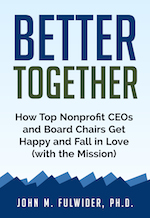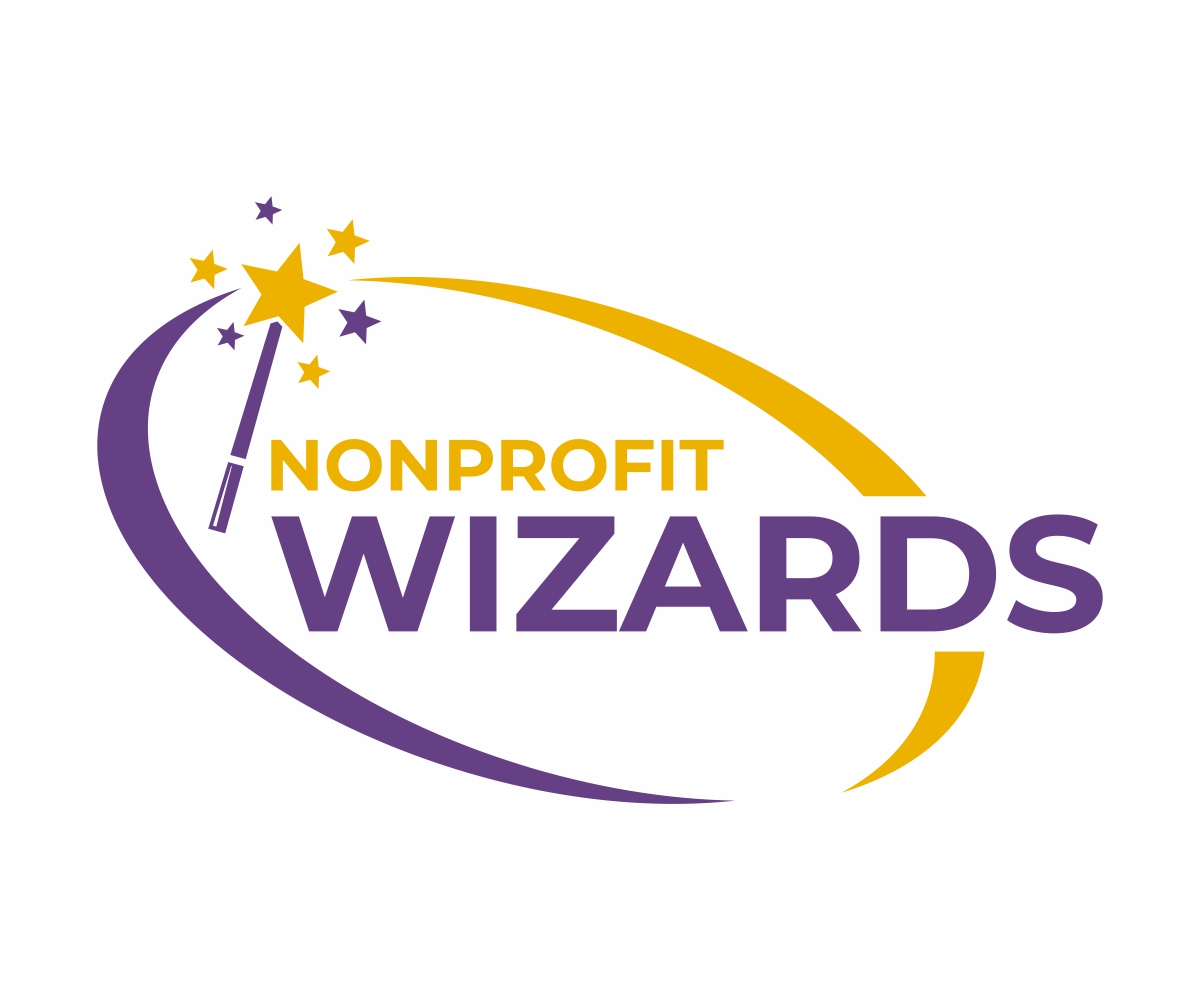“Have you gone completely insane?”
This is my wife talking, upon finding out that I’ve been taking cold showers for the last month. And yes, I mean COLD…not an ounce of hot water, from beginning to end.
“Why would you want to do that?”
“Well,” I responded, “I’ve been hearing about great health and productivity benefits of cold showers. And not just random websites, either…but sources I respect and trust. I’m trying to keep an open mind.”
She remains unconvinced (as does everyone I tell about it). I, on the other hand, am sold. Cold showers make me feel more alert, more productive, and better able to handle adversity throughout my day. They also make me feel better about my environmental footprint: no natural gas is used to heat cold water and I spend less time lingering in the shower (equaling less water used).
But convincing you to take cold showers is not my purpose here. Rather, I’m here to encourage you to practice the skill of open-mindedness.
The most dangerous disease
Zig Ziglar was fond of saying that the most deadly disease is “hardening of the attitudes.” I agree.
The world is constantly evolving and changing, and we must change with it. That’s not to say we should abandon things that are working–I’m a huge proponent of habits–but we should at least consider new thoughts and ideas consistently.
Some experiments will fail and should be discarded. But some will be successful and open our eyes to new possibilities.
Gelett Burgess said it best: “If in the last few years you haven’t discarded a major opinion or acquired a new one, check your pulse. You may be dead.”
So how do we inoculate ourselves against being stuck in our ways? Here are a few simple ideas:
Feed your mind with good stuff.
“Leaders are readers” has become cliche. But it is true: I have yet to meet a successful person who is not a voracious reader.
“But Darren,” I hear you saying, “I’m already burning the candle at both ends. I’d love to read all those books on my list…I just don’t have time.”
There is a concept called Automobile University. I’d love to attribute it to someone, but a quick Google search reveals tons of people talking about it.
The principle is this: the average American spends 37,935 hours driving during his or her lifetime (another source says more than 400 hours per year are spent commuting to and from work and running errands). If you reallocated that time to audiobooks–the longest of which run 40 hours, but many run between 5 and 10–you would read more than 10 to 20 books in the coming year.
Would that put a dent in your pile?
I gave up on radio years ago. I’m too old for pop music, and talk radio just makes my blood boil. So I listen to podcasts mostly and mix in the occasional audiobook. I find that encountering new thoughts, resources, and points of view energizes me and inspires creative thought.
Create space to think
Another challenge to stretching your open-mind muscles is “busy brain.”
I don’t know about you, but when I spend my days running from meeting to meeting and focused on task completion, I feel dizzy and lightheaded at the end of the day. I honestly can’t tell you what I’ve done for the preceding 8 to 10 to 12 hours.
You can break this cycle. Block out an afternoon to take a mini-retreat (I know your calendar is impossible, so schedule it for two months from now…it’ll get here before you know it). Sit at a picnic table in a park and journal your thoughts. Things you’d like your organization to undertake. Things you’d like to accomplish personally. Things you’d like to stop doing.
Don’t like nature? Go to a coffee shop. Or ask a local hotel if you can sit in one of their unused meeting rooms for a day as a gift to your organization (I’ve done this many times, it’s surprisingly easy).
Deep thinking will be hard in the beginning, but stick with it. You’ll find the deliberate emphasis on strategic thought will unleash a torrent of ideas.
Spend time with people of similar mindset and with similar goals
I’ve talked about mastermind groups before. So has @Pat Flynn (multiple times, actually: here, here and here). In fact, most successful people I know or follow are evangelists for this tool.
There is tremendous benefit from surrounding yourself with people who push you, challenge you, and help you grow. In my current mastermind group, it is impossible to go through an entire meeting without having multiple epiphanies. I find this doesn’t just help in the moment, but has lasting effects as well.
How are you practicing the habit of open-mindedness?
If you have other thoughts on exercising your open mind, I’d love to hear them! Send me a message or hop over to the Nonprofit Wizards Facebook page!

Darren Macfee is the founder of the Nonprofit Wizards. His life purposes are to dispense homespun wisdom, grill a perfect meal for his family, and help nonprofit leaders create amazing results for and through their organizations. Follow him on Twitter @NPWizards or send him a note. Be sure to sign up for alerts to be sure you never miss a post.

 The Effective Executive: The Definitive Guide to Getting the Right Things Done by Peter F. Drucker
The Effective Executive: The Definitive Guide to Getting the Right Things Done by Peter F. Drucker

The Bully Pulpit: Theodore Roosevelt, William Howard Taft, and the Golden Age of Journalism by Doris Kearns Goodwin
 Good to Great: Why Some Companies Make the Leap…And Others Don’t by Jim Collins.
Good to Great: Why Some Companies Make the Leap…And Others Don’t by Jim Collins.

The Policy Governance Model and the Role of the Board Member by John Carver
 The Slight Edge: Turning Simple Disciplines into Massive Success and Happiness
The Slight Edge: Turning Simple Disciplines into Massive Success and Happiness by Jeff Olson

Better Together: How Top Nonprofit CEOs and Board Chairs Get Happy, Fall in Love and Change Their World by John M. Fulwider, Ph.D.
The ONE Thing: The Surprisingly Simple Truth Behind Extraordinary Results by Gary Keller
Some titles above are affiliate links. If you’re not sure why you should care click here. You’ll also learn how you can help feed the children.
Newsletter


